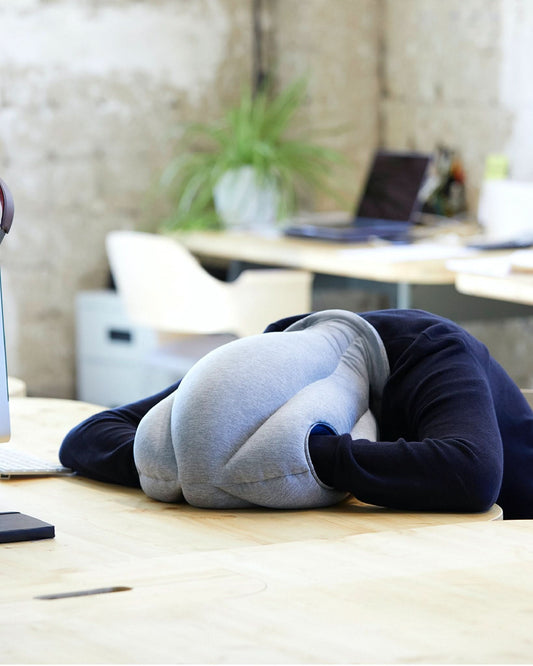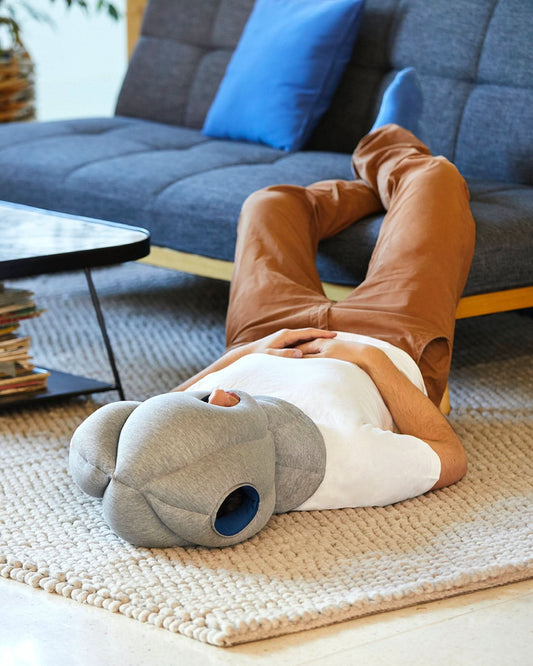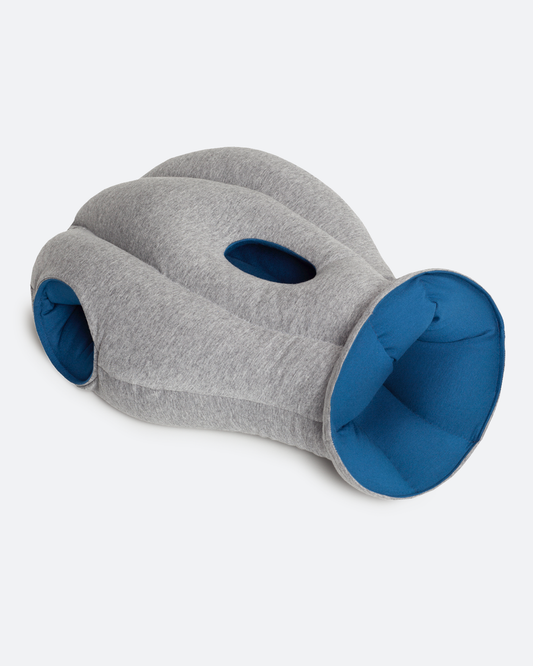
Since the outbreak of the covid-19 pandemic, many people have experienced an increase in symptoms of depression, anxiety, and other mental health issues that have affected their performance at work and their overall life satisfaction – but this it's been always a common issue among those who succeed in their careers. How does overall happiness levels affect mental health in the workplace? And does the drive to become successful and stay on top contribute to mental health issues?
Many times, being a top performer at work or striving for success in your role can lead to increased mental health issues. Especially with the lines blurred between work and home life, people may find themselves working longer hours — or lacking the motivation to open their laptop in the morning at all.
Whatever the cause, it’s important to address these issues and move toward a healthier balance between work and taking care of ourselves — both mentally and physically.

Success and mental health in the workplace
Over the last few years, more celebrities and people who live their lives in the limelight have come forward to discuss their own mental health struggles. Seeing individuals discuss these topics — which for a long time were a fairly taboo subject — can empower others to also disclose their struggles with mental health and burnout at work. Star athletes like Simone Biles, Naomi Osaka and Serena Williams have all recently disclosed that they have experienced depression and anxiety, and actors like Jim Carrey and Busy Phillips have come forward with similar issues. But for regular people with more typical jobs, is there a way to disclose mental health struggles without putting your position in danger?
It all comes down to your company culture and what kinds of accommodations you request. Having an understanding manager doesn’t hurt, either. In the United States, companies with more than 15 employees are required to make “reasonable accommodations” to assist staffers who make mental health claims. Depending on your role, it could be as simple as requesting to take a few days off, or changing your schedule to allow you to go to an exercise class or therapy appointment. It’s important to address any struggles you’re having, lest they snowball into a more serious condition or start negatively affecting your life in other ways.

The connection between success and mental health
Many times, those who work the hardest and achieve high levels of professional success possess traits that may predispose them to mental illness. Others may suffer from burnout or exhaustion once they reach their career goals and find themselves unable to set healthy boundaries between work and personal life, and start neglecting Self-Care altogether.
When the pressures of your job become so strong that you find yourself unable to sleep, getting sick more frequently, or feeling endlessly anxious, those are signs that it might be time to dial back the intensity. Try to delegate what tasks you can afford to take off your plate, or ask your supervisor if there’s a way to reassign some of your duties. Setting clear boundaries between your work hours and “home life” is one way to help keep stress and anxiety at bay, though this can be difficult because many people are working from home.
Especially during times of “collective stress” — like the Covid-19 pandemic — where everyone is experiencing increased levels of anxiety, it’s important to find trusted friends or counsellors who can help us talk through our worries and find some relief.
Success vs. Wellbeing in the workplace:
finding balance
Even if you don’t have a particularly stressful occupation, you might still find yourself feeling burned out, depressed, and anxious about work. Many people find themselves in this situation, and the signs of it can fly under the radar:
- Changes in eating and sleeping habits
- Substance abuse
- Low motivation or constant boredom at work
- Feelings of sadness or crying at work
- Constant headaches or other physical pain
-
Decreased work performance
These symptoms are different from just having a bad day or not feeling in an especially great mood. If they continue for more than a few weeks, consider seeking the help of a professional or speaking with your supervisor to help determine the right course of action for you.

Prioritizing Self-Care to increase wellbeing at work
It’s natural to have some “off” days, when you just don’t feel like working, or the pressures of your position are getting you down. But if you feel like the sensations of anxiety or depression are spiraling out of your control, it’s never a bad idea to seek the advice of a trusted friend, your boss, or even a therapist or counsellor.
It’s also important to make sure you get enough sleep, eat well, exercise, and take care of yourself. After all, you can’t expect yourself to be a superstar at work if you’re staying up late, constantly eating takeout, and never putting your phone down! These things matter for our mental health as well as work performance. Take time to slow down when you can. This might look like meditation, a long walk, a designated “no-phone time,” or turning off your email on the weekend.
Whatever version of Self-Care you choose, realize it’s important to prioritize your mental health as a means toward achieving balance between your work and personal life — no matter how far up the ladder of success you climb.
Ostrichpillow.
Self-Care Matters.
Want to feel good?
At Ostrichpillow we're all about Self-Care and wellbeing. Join our community and you'll receive special offers and inspiration fresh to your inbox.
Photo by Alex Green on Pexels
Photo by Cottonbro on Pexels
Photo by Andrew Neel on Pexels
Photo by Cottonbro on Pexels













































































